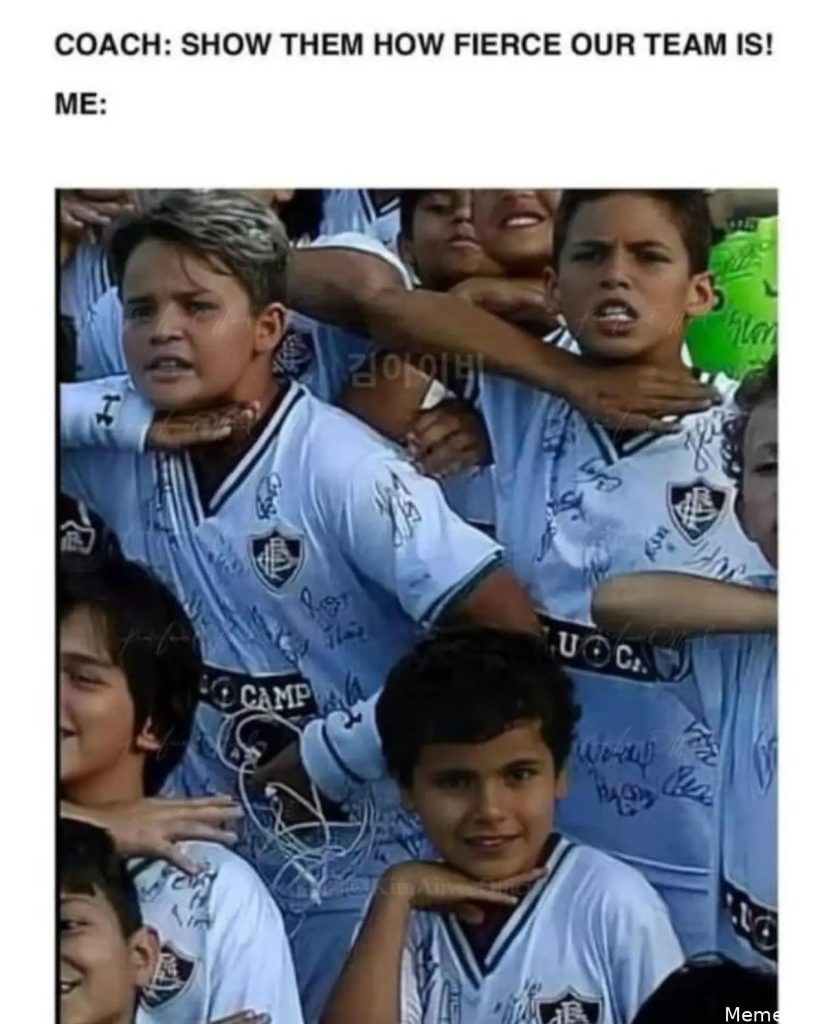AITA for Calling Out a Guy at Walmart Who Was Screaming at His Kid?
 Image credit: Pixabay (This is example image – Not the actual photo)
Image credit: Pixabay (This is example image – Not the actual photo)
Confronting a Parent’s Anger: A Grocery Store Dilemma
While on a late-night grocery run, a young man overhears a father verbally berating his young son in a way that leaves him shaken. Torn between minding his own business and intervening, he ultimately decides to confront the dad, sparking a heated exchange. This relatable scenario raises questions about the boundaries of intervention in parenting and the moral responsibility we feel towards children in distress. How far should we go to protect others, especially when it involves a stranger’s family dynamics?
Family Drama in the Grocery Store: A Conflict Resolution Dilemma
Today, a situation unfolded that left me, a 27-year-old man, feeling conflicted about my actions. While on a routine grocery run at Walmart around 9:30 PM, I found myself in the midst of a troubling scene in the cereal aisle.
- Setting the Scene: The store was relatively quiet, and I was simply shopping when I overheard a father, likely in his 40s, yelling at his young son, who appeared to be around 7 or 8 years old.
- Escalating Tensions: The father’s outburst included harsh words like, “You’re so useless!” and threats such as, “If you don’t shut up, I’m leaving you here!” The child was visibly upset and began to cry, which made the situation even more distressing to witness.
- Decision to Intervene: Initially, I hesitated, unsure whether to intervene or mind my own business. However, after a few minutes of listening to the verbal abuse, I felt compelled to act. I approached the father and said, “Hey man, you need to calm down. That’s your kid, not a punching bag.”
- Confrontation: The father reacted aggressively, telling me it was none of my business and that I was ruining his day. He insisted I had no idea what he was going through. Despite his anger, I stood my ground and replied, “Well, maybe you should try talking to your kid like a human, not a piece of trash.”
- Resolution Attempt: Just as the confrontation escalated, a store employee arrived to assess the situation. The father stormed off, and the employee thanked me for speaking up, which left me feeling somewhat validated but still shaken.
After the incident, I discussed it with my girlfriend, who supported my decision to intervene. However, I remain uncertain about whether I overstepped my boundaries. While I felt it was necessary to address the father’s behavior, I also recognize that confronting a stranger in front of his child can be a delicate matter.
This experience has raised questions about conflict resolution in family drama situations. Was I right to step in, or did I cross a line by involving myself in a situation that wasn’t directly mine? AITA for intervening in a moment of distress?
This is Original story from Reddit
 Image credit: Pixabay (This is example image – Not the actual photo)
Image credit: Pixabay (This is example image – Not the actual photo)
Story
So this happened today, and I honestly feel conflicted about whether I overstepped or not. I, 27M, was at Walmart doing my usual grocery run. It was late, probably around 9:30 PM, so the store wasn’t super crowded.
I was in the cereal aisle, just minding my business, when I overheard a man, maybe in his 40s, absolutely losing his temper with his kid. The kid couldn’t have been older than 7 or 8, and the dad was yelling at him so loudly that I could hear every word from the other end of the aisle. I’m talking about things like, “You’re so useless! Why do you always make everything harder for me?” and “If you don’t shut up, I’m leaving you here!”
It was honestly pretty hard to listen to, especially because the kid sounded terrified and started crying. I wasn’t sure what to do at first—should I mind my business or step in? After a few more minutes of this, I couldn’t just stand there anymore.
So, I walked up to the guy and said, “Hey man, you need to calm down. That’s your kid, not a punching bag.” He turned around and started yelling at me, saying it wasn’t any of my business and that I was ruining his day. He told me to mind my own damn business and that I had no idea what kind of day he had.
At this point, I’m standing there thinking, “I’m not letting this slide.” I told him, “Well, maybe you should try talking to your kid like a human, not a piece of trash.” He was still yelling at me when an employee came over and asked if everything was okay.
The guy just walked off in a huff, and the employee thanked me for speaking up. I was really shaken by the whole thing. It felt like the dad wasn’t even bothered by the fact that he was verbally abusing his kid, but at the same time, I feel weird about confronting a stranger in front of his child.
I talked to my girlfriend about it, and she said I did the right thing, but I’m still wondering if I was wrong to get involved. It’s not like I was in a position to parent the guy, but I felt like someone needed to say something. AITA for stepping in when it wasn’t my business?
View the Original Reddit Post Here
Summary of Reddit Comments
The top Reddit comments indicate a strong consensus that the original poster (OP) is not the asshole (NTA) for intervening in a situation where a father was verbally abusive to his child. Many users emphasize the importance of standing up against such behavior, noting that the OP’s actions may have provided the child with validation and the courage to seek help in the future. Overall, the comments reflect a belief that confronting abusive behavior, even as a stranger, can have a lasting positive impact on the victim.
Verdict: NTA
Expert Advice for Resolving Family Conflict in Public Spaces
Witnessing a distressing situation, such as the one described, can be challenging and emotionally charged. It’s important to approach conflict resolution with empathy and a clear strategy. Here are practical steps for both the bystander and the parent involved in such scenarios:
For the Bystander (like the OP)
- Assess the Situation: Before intervening, take a moment to evaluate the severity of the situation. Is the child in immediate danger? If so, it may be necessary to act quickly.
- Choose Your Words Wisely: If you decide to intervene, approach the situation calmly. Use non-confrontational language that expresses concern rather than aggression. For example, saying, “I noticed your child seems upset; is everything okay?” can open a dialogue.
- Involve Authorities if Necessary: If the situation escalates or you feel unsafe, don’t hesitate to involve store security or law enforcement. They are trained to handle such conflicts and can provide the necessary support.
- Support the Child: After the incident, if possible, check in with the child to ensure they feel safe. A simple, “You did nothing wrong; it’s okay to ask for help,” can be reassuring.
For the Parent
- Recognize Your Emotions: Parenting can be overwhelming, and it’s important to acknowledge your feelings. If you’re feeling stressed or frustrated, take a moment to breathe and collect your thoughts before reacting.
- Reflect on Your Behavior: Consider how your words may affect your child. Verbal abuse can have long-lasting effects on a child’s self-esteem and emotional well-being. Seek to communicate in a way that fosters understanding and respect.
- Seek Support: If you find yourself struggling with anger or frustration, consider reaching out for help. This could be through parenting classes, counseling, or support groups where you can share experiences and learn healthier coping strategies.
- Apologize and Reconnect: If you realize your behavior was inappropriate, take the time to apologize to your child. Explain that everyone has tough days, but it’s important to treat each other with kindness. This can help rebuild trust and strengthen your relationship.
Conclusion
Conflict resolution in family dynamics, especially in public settings, requires sensitivity and understanding from all parties involved. By taking proactive steps, both bystanders and parents can contribute to a more supportive environment for children and families. Remember, it’s okay to seek help and strive for better communication.
Join the Discussion
 Image credit: Pixabay (This is example image – Not the actual photo)
Image credit: Pixabay (This is example image – Not the actual photo)
What do you think? Would you have handled this differently?
Share your thoughts below! Vote: Do you agree with Reddit’s verdict?












